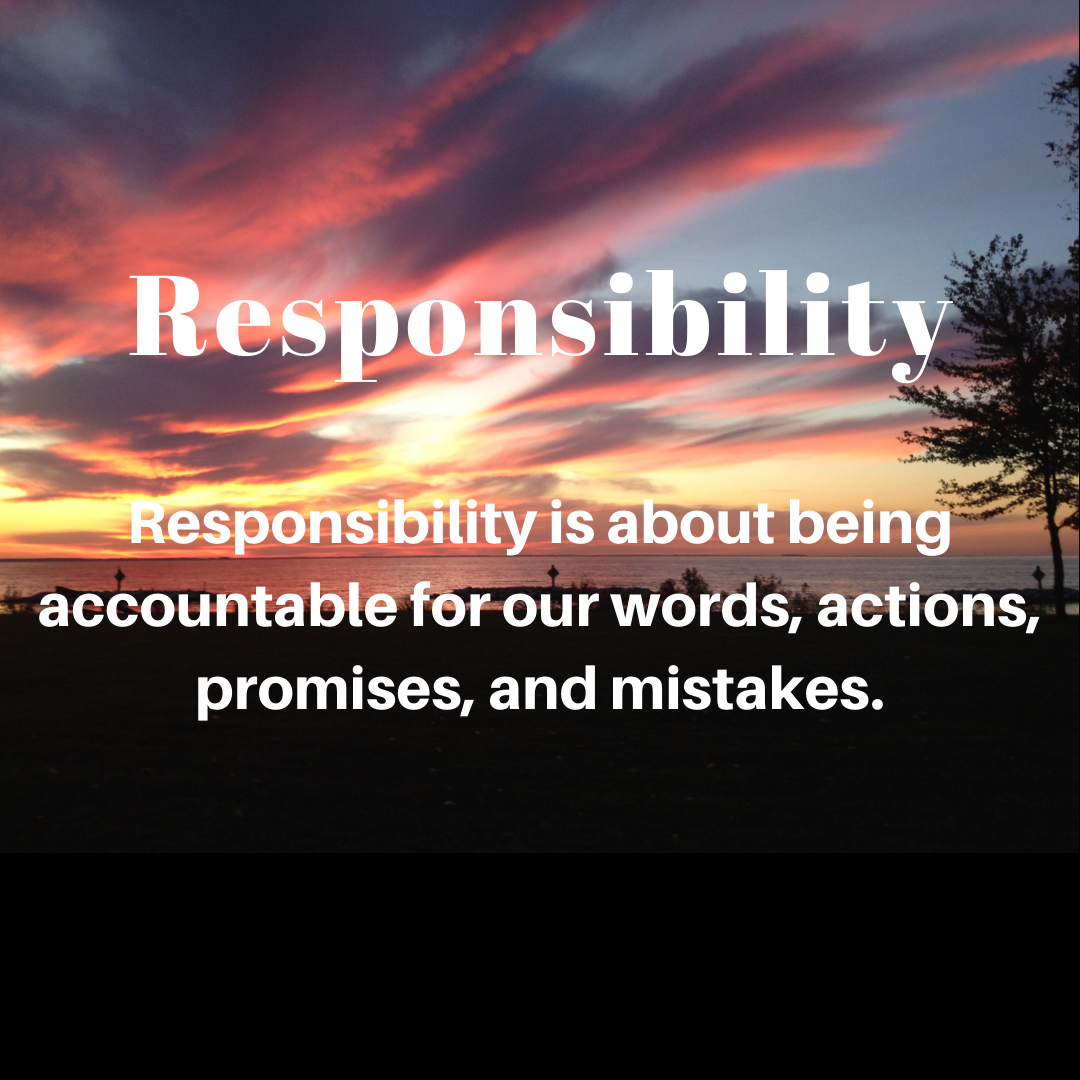
Get Dad to Pull His Weight Around the House

In the epic saga of family life, where bills need paying, kids need nurturing, and homes need taming, it takes two mighty forces to create a harmonious and thriving household. We’re talking about you, the remarkable parents determined to bring out the best in yourselves and your exceptional children. It’s time to unleash the power of teamwork and witness the extraordinary results that await you!
Gone are the days when moms were expected to bear the weight of putting the kids to bed, cleaning the entire house, and playing the part of a domestic superhero while their partners watched from the sidelines. These days, we’re witnessing a new breed of dads who are just as passionate about sharing the load as you are! Or we should be!
But here’s the thing: Every superhero has unique powers and weaknesses. Just as no two heroes are the same, every man has his own quirks and preferences regarding household chores. So, it’s time to don your capes of understanding and embark on a mission to empower your partners in crime to become champions of the home!
1. Embrace the Diversity of Heroes: Remember, every man is different, just like every superhero has unique skills. Some dads may intentionally try to minimize their household workload, some may be oblivious, and others may take charge without being asked. Your husband likely falls somewhere within this spectrum.
It’s essential to recognize that there are better approaches than what worked for your sister and brother-in-law for your dynamic duo. Each superhero has its origin story, and understanding your partner’s strengths and weaknesses is critical to unlocking their potential.
2. The Art of Persuasion: Nobody likes being nagged, not even superheroes! So, let’s approach this challenge with finesse. Instead of launching into battle mode, try a tactful approach. Open the conversation by expressing your needs and concerns, highlighting their impact on your well-being. For instance, you might say, “Honey, my back feels on fire! The weekly vacuuming is taking a toll. Please take charge of this task and save my superhero spine.”
3. Charting the Course to Victory: Sometimes, our partners may need help to fully grasp the scope of tasks required to maintain a smoothly running household. However, even the mightiest of heroes can rise to the challenge with a little more perspective. Create a vibrant chore chart, a beacon of organization, and display it prominently in the kitchen—the heart of your superhero headquarters. Assign different-colored stars to each family member, distinguishing their responsibilities. Remember to include you and your heroic partner in the chart because teamwork makes the dream work!
4. The Power of Clarity: Superheroes thrive on precise instructions. Just as they need their mission objectives spelled out, providing clear guidance to our partners is crucial. What may seem like “helping out” to them might differ from our heroic visions? So, let’s communicate our expectations effectively. Instead of leaving room for misinterpretation, spell out the chores you need assistance with. From loading the dishwasher to folding laundry, let there be no doubt in the superhero manual!
5. When All Else Fails: Unleash the Ultimate Weapon! In rare cases where your partner remains resistant, it’s time to show them you mean business. Don’t worry; we won’t resort to kryptonite or gamma radiation. Instead, take the initiative to gather quotes from local cleaning services. Schedule a walkthrough of your home with a consultant, making sure your partner is present. When he realizes that picking up his slack could cost your family a mighty $400 per month, he will feel the tremors of responsibility and be more willing to lend a hand!
Remember, dear Super Parents, men, and women often have different perspectives on household chores. But fear not, for armed with these strategies, you are on the path to victory! When both heroes combine their powers, the household will run remarkably efficiently, and the symphony of laughter and joy will reverberate throughout your heroic abode!
So, stand tall, wear your capes with pride, and let the co-parenting adventure unfold. Together, you are an unstoppable force that will conquer any challenge, creating a legacy of love and inspiration for your extraordinary children.
Onward to greatness!


